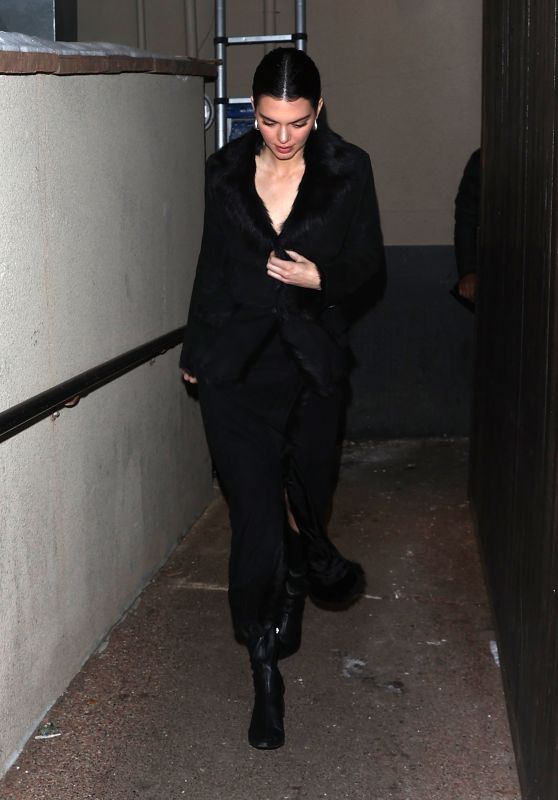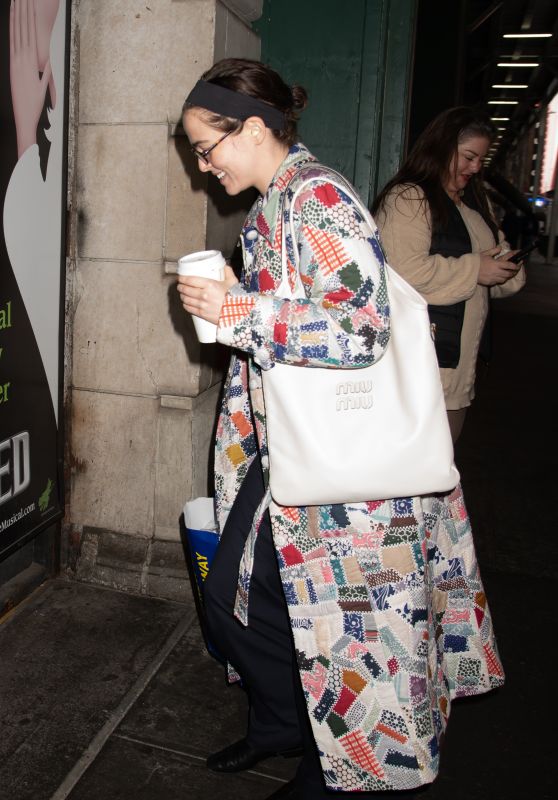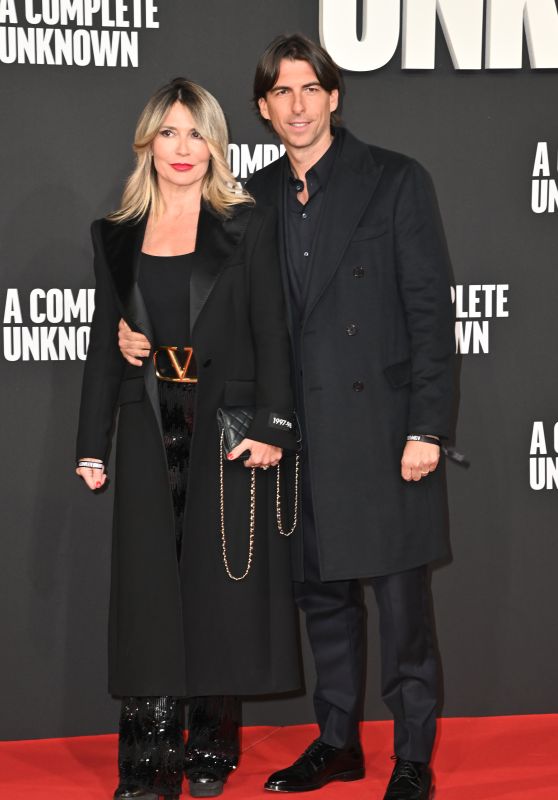We first heard about the brave new world of “digital” at the end of the 1970s. We weren’t sure what that meant, but it sounded futuristic and cool, especially with music. It held the promise of accuracy and greater fidelity that we could feed to our monster stereo systems. Ry Cooder has gone down in history as the first artist to release a digitally recorded album with Bop Til You Drop in 1979.

The CD came along a few years later, adding to digital’s momentum. Soon, all recording studios began migrating from their giant analogue tape machines and consoles to state-of-the-art hard drive systems powered by software like Pro Tools. By the end of the ’90s, everything was digital: CDs, MP3s, personal music devices and so on. Beyond a few outliers who wouldn’t let go — I’m looking at you, Jack White, Lenny Kravitz and anyone who refused to give up their vinyl albums — analogue music was essentially dead.
Story continues below advertisement
It’s all different now, of course. Even though streaming is the dominant form of music consumption, analogue is still very much with us. Artists looking for a particular recording vibe seek out studios still equipped with ancient two-inch, 24-track tape machines. Vinyl sales have been on an upward trajectory since 2008. Even cassettes refuse to go away.
But this yearning for analogue goes deeper and much of it lies with gen Z. The first generation to grow up in an always-on, always-connected digital world, is looking for something more tangible. They’re expressing nostalgia for an era before they were born.
Many late millennials and gen Z (and no doubt the newest cohort, gen alpha) seem to have a thing for the Before Times, an era when things were less complicated, more orderly, less divided and had more substance, and a time when everyone wasn’t glued to their devices 24-7. Today, these generations see nothing but crazy politics, forever wars, the climate crisis, an imbalanced economic system, a firehose of disinformation, and a social media ecosystem — something that’s used by half of all humans on the planet — that’s intent on making them feel inadequate. Now they’re facing a few run by AI.

Get daily National news
Get the day's top news, political, economic, and current affairs headlines, delivered to your inbox once a day.
In other words, they want some imagined Good Old Days. Young people are feeling stressed out, hopeless, scared and alone. Gen Z’s interest in things they can touch, hold and physically possess is helping them find stability in a turbulent world.
Story continues below advertisement
When it comes to music, I’m seeing plenty of anecdotal evidence. Young people have fallen in love with vinyl, scooping up as much as they can afford. Ask any indie record store what they’re buying and they’ll tell you it’s the classics: The Beatles, Led Zeppelin, Pink Floyd. Any used copy of Fleetwood Mac’s Rumours that comes in is sold within seconds. At record shows, that’s the first thing people search for.
Many of these young vinyl collectors don’t have a turntable because they don’t need to. They can lie on their bed examining their new physical album purchase for its artwork, liner notes and lyrics while streaming it. From that perspective, it’s the best of both worlds. It also offers a break from screens. Some have ditched listening on headphones, too, because they can make one feel disconnected.
CD sales are still falling, but the rate of decline may be slowing as gen Z gets into that format, too. For them, the CD is just as ancient as an LP or a cassette, but it’s a real-world object. That’s both a novelty and reassuring. And physical representations of music have given birth to a new type of fandom, status and expression of identity. “I’m willing to spend THIS MUCH on things like records and CDs to prove that I’m a big music fan! I have five feet of shelving to display my music collection!” Trying doing that with Spotify or a hard drive full of digital files.
Artists have been responding to this trend, led by Taylor Swift and her endless issuance of multiple vinyl versions. Physical editions help fuel fandom and superfandom. The Weeknd, Billie Eilish and Sabrina Carpenter know this, too.
Trending Now
Story continues below advertisement
0:47
Demand for all things Taylor Swift boosting business for Saskatoon record store

I spoke at a high school earlier this month in front of about 300 students, a sizable portion of whom were wearing T-shirts displaying the logos of ’90s bands: Nirvana, Rush, Metallica, The Hip, even more niche acts like Suicidal Tendencies. Such retro merch far, far exceeded that of any current artist. When I asked a few of them about their favourite era of music, most of them cited the ’90s.
I also spotted more than one student rocking a flip phone. This desire for feature-free phones has caught the attention of the industry. Earlier this year, The Boring Phone was released and was so successful that a second version is coming soon. “Tired of being controlled by your phone? It’s time for a change. Introducing BP2 (Boring Phone 2) – the next generation of tech that respects your time and attention.” They could have also added, “We won’t harvest your personal data so that we can sell it.”
Story continues below advertisement
It’s not just phones, either. Notice that standalone cameras are back again thanks to gen Z? Not just film cameras, either; even the Polaroid camera is a thing again. The somethings grainy, often imperfect photos that result are valued for their realness and authenticity.
We need to pay attention because the market always follows the trends of the youngest generation of consumers. Brands know they need to tap into retro trends if they want to communicate with gen Z authentically. Where the kids go, we all go.
What’s next? A reversal of fortunes for print magazines? A boost to bookstores? A return to big stereo systems in bedrooms? Don’t count it out.
This is going to cost parents a lot, but that’s another discussion.
Curator Recommendations
© 2024 Global News, a division of Corus Entertainment Inc.




















 English (US) ·
English (US) ·